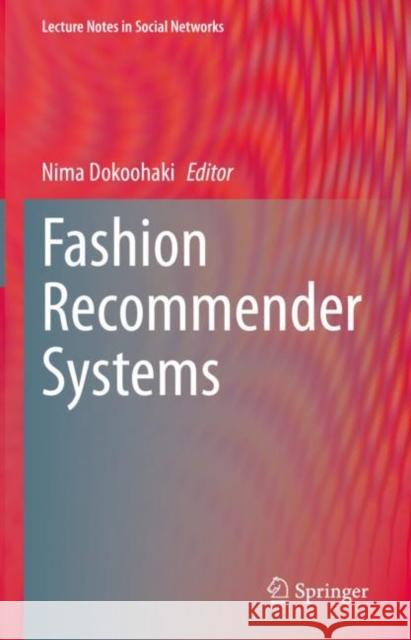Fashion Recommender Systems » książka
topmenu
Fashion Recommender Systems
ISBN-13: 9783030552176 / Angielski / Twarda / 2020 / 145 str.
Fashion Recommender Systems
ISBN-13: 9783030552176 / Angielski / Twarda / 2020 / 145 str.
cena 685,93
(netto: 653,27 VAT: 5%)
Najniższa cena z 30 dni: 655,41
(netto: 653,27 VAT: 5%)
Najniższa cena z 30 dni: 655,41
Termin realizacji zamówienia:
ok. 16-18 dni roboczych.
ok. 16-18 dni roboczych.
Darmowa dostawa!
Kategorie BISAC:
Wydawca:
Springer
Seria wydawnicza:
Język:
Angielski
ISBN-13:
9783030552176
Rok wydania:
2020
Wydanie:
2020
Numer serii:
000408261
Ilość stron:
145
Waga:
0.36 kg
Wymiary:
23.93 x 16.36 x 1.27
Oprawa:
Twarda
Wolumenów:
01











